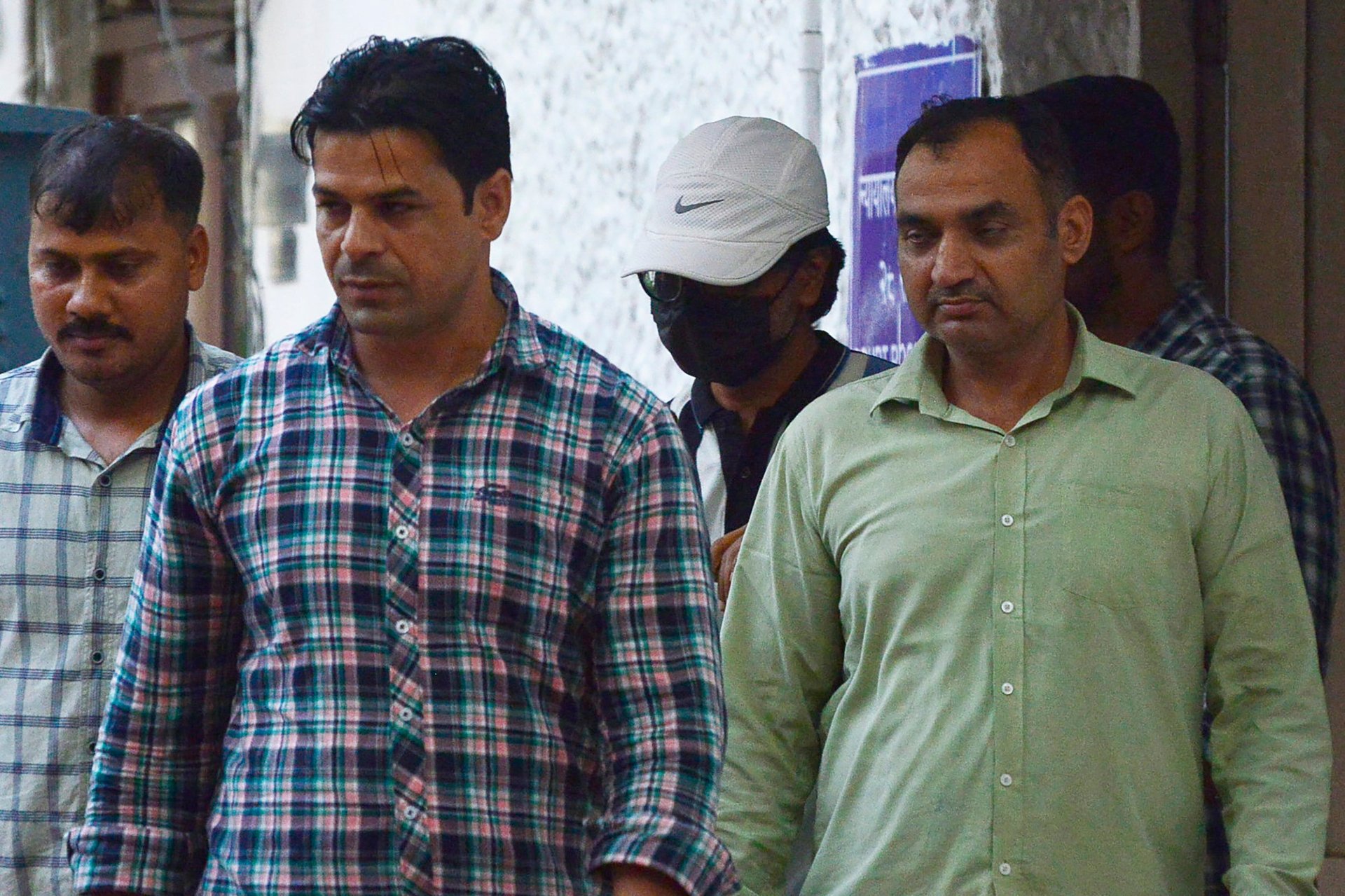A Nobel for an Indian fact-checking duo may help—but only that much
The Indian government's contempt for "foreigners" highlighting the country's problems is well known.

A Nobel Peace Prize for Pratik Sinha and Mohammed Zubair would be well-deserved. But denting India’s fake news problem is another matter.
Sinha and Zubair, the co-founders of AltNews, a fact-checking website, have been at the forefront of pushing back against a flood of disinformation in India for years. Yesterday (Oct. 4), Time magazine reported that they were among the “favorites to win the 2022 Nobel Peace Prize.”
“Sinha and Zubair have methodologically debunked rumors and fake news circulating on social media and called out hate speech,” Time wrote.
The others favorites named by the magazine include the Ukrainian president Volodymyr Zelensky, the United Nations High Commissioner for Refugees, the World Health Organization, and the Swedish climate activist Greta Thunberg.
The winner will be named in Oslo on Friday.
A Nobel laureate is less likely to be mistreated in India
“There may not be a direct effect, but any kind of recognition brings with it some level of security,” Sinha told Quartz. “Especially for someone like Zubair now. To that extent, a Nobel may help.”
The Delhi police arrested Zubair, 33, in June this year for his allegedly “objectionable” tweet from 2018. A few days before his arrest, Zubair, formerly a software engineer at Nokia, had called out an official spokesperson of India’s ruling Bharatiya Janata Party (BJP) for her derogatory comments against the Prophet Mohammed.
The police filed fresh cases against Zubair whenever he sought bail, prompting India’s Supreme Court to call this a “vicious cycle.” In July, he won bail in all seven cases filed against him.
The government would likely think twice about treating a Nobel laureate in such a fashion. But Zubair and Sinha’s larger struggle against propaganda and disinformation wouldn’t diminish.
How India’s fake news problem could get worse
Sinha, who has been tracking disinformation since 2013 and began to take it head-on with AltNews in 2017, believes that “disinformation is only a subset of online propaganda.”
“As the use of online propaganda as a tool increases the world over, the amount of disinformation being created is also increasing proportionally,” he said. “Even mainstream media frequently falls prey to disinformation. So our focus is now to equip people in becoming more discerning when it comes to sieving news and fake news.”
With technological changes—India’s recent launch of 5G, for instance—will come new and more complex phases of disinformation that will need more sophisticated tools to tackle.
There is also the problem of an alleged “foreign” bias. The Indian government often treats with contempt views about its internal problems as expressed by individuals and organizations based overseas.
In June, it criticized a US state department report on religious freedoms in India, claiming that “vote bank politics is being practised in international relations.” In July, similarly, the government rejected the findings of the World Press Freedom Index. These findings ranked India at 150 among 180 countries and described it as “one of the world’s most dangerous countries for the media.”
The government has claimed that these conclusions were drawn based on a “very low sample size, little or no weightage to fundamentals of democracy, [and] adoption of a methodology which is questionable and non-transparent.”
How will a Nobel help AltNews?
The problem that Sinha and his team are fighting is, therefore, sophisticated, systemic, and only getting bigger. Is AltNews hopeful about its mission? After all, a feather in the cap, like a Nobel Prize, is unlikely to be a tool in its longer battle.
Sinha, for one, has mixed feelings. “Despondency does set in off and on, but where there is a possibility of a solution, our hopes are kept alive.”